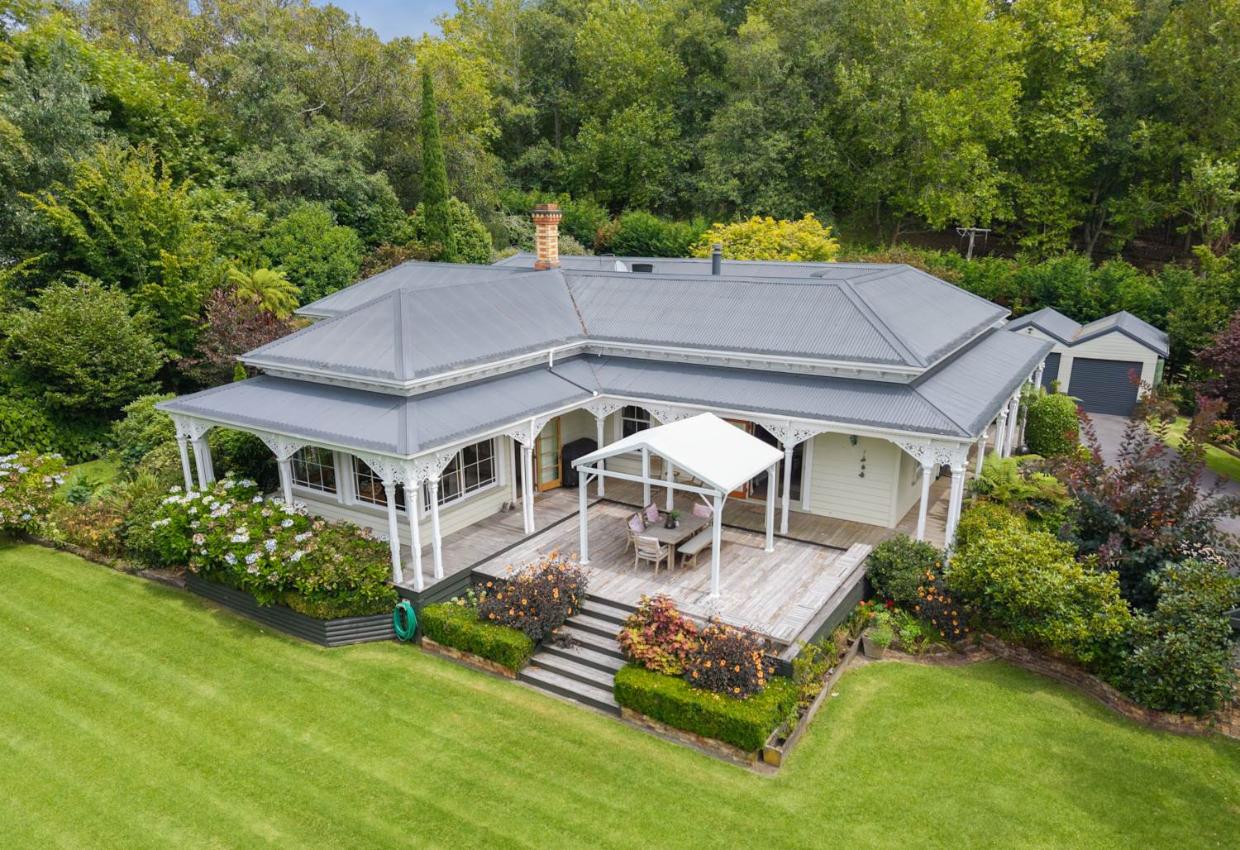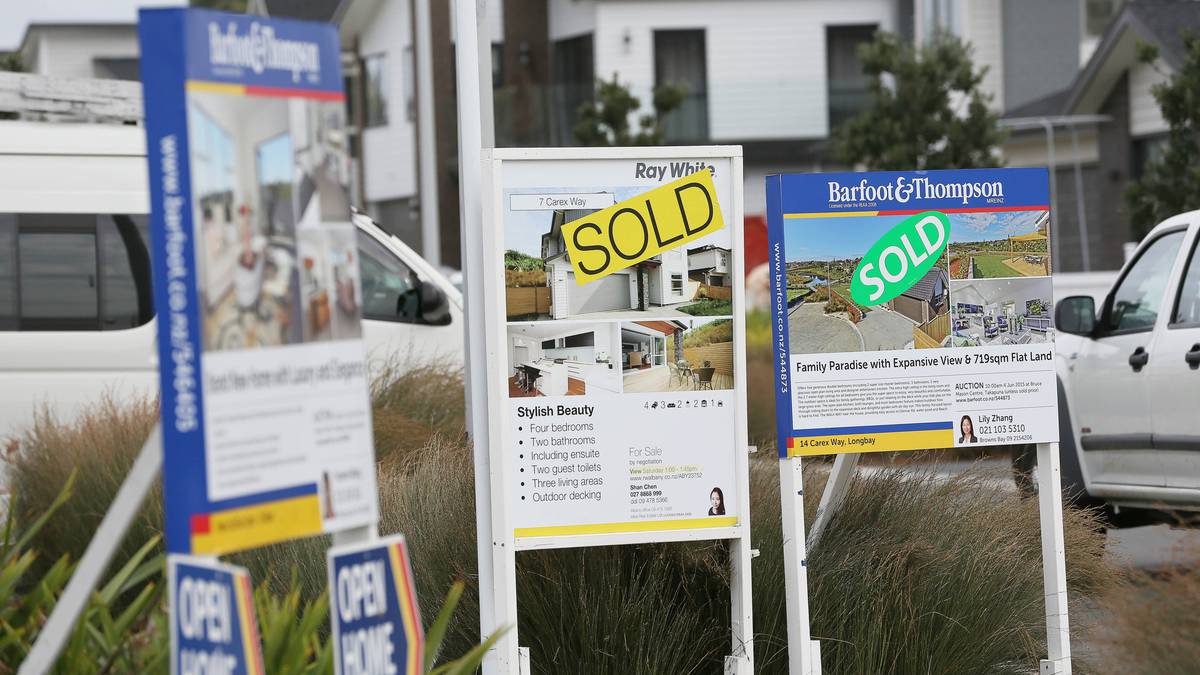Buying guide
9 tips for frustrated buyers on how to win at auction
Nine simple strategies from top auctioneers and agents to help you win on auction day.
Last updated: 24 September 2025
1. Be upfront if you’re unconditional
2. Take advantage of low competition
3. Ask about the reserve price
4. Signal your interest if you’re conditional
5. Bid with confidence, not hesitation
Ray White Remuera auction room.
6. Avoid round-number limits
7. Do the work to be unconditional
8. Know your game plan
9. Remember transparency is your advantage
Key takeaway
Discover More

WATCH: Inside Tim & Isabelle Weston's Merivale Oasis
The Westons' plan in restoring this mid-90s family home was to create an oasis of calm.

From TV villain to villa vendor: Ex-Shortland St star selling family home
The house was built in 1890, and once served as a rest stop for travellers between the Great South Road and Coromandel.
Search
Other articles you might like
.png?w=1440&fit=max)





